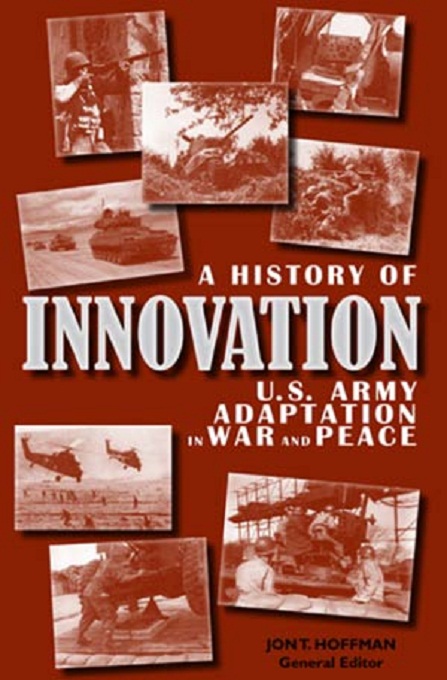The U.S. Army has a long record of fielding innovations that not only have enhanced its effectiveness in battle but also had an impact far beyond warfare. General Editor Jon T. Hoffman has brought together eleven authors who cover the gamut from the invention of the M1 Garand rifle between the world wars through the development of the National Training Center in the 1980s. While many books lay out theories about the process of innovation or detail the history of a large-scale modernization, this collection of fourteen essays fills a different niche. It captures a representative slice of stories of soldiers and Army civilians who have demonstrated repeatedly that determination and a good idea often carry the day in peace and war. Despite the perception of bureaucratic inertia, the institution's long history of benefiting from the inventiveness of its people indicates that it is an incubator of innovation after all.
- Available now
- New eBook additions
- New kids additions
- New teen additions
- Most popular
- Try something different
- See all
- Available now
- New audiobook additions
- New kids additions
- New teen additions
- Most popular
- Try something different
- See all

